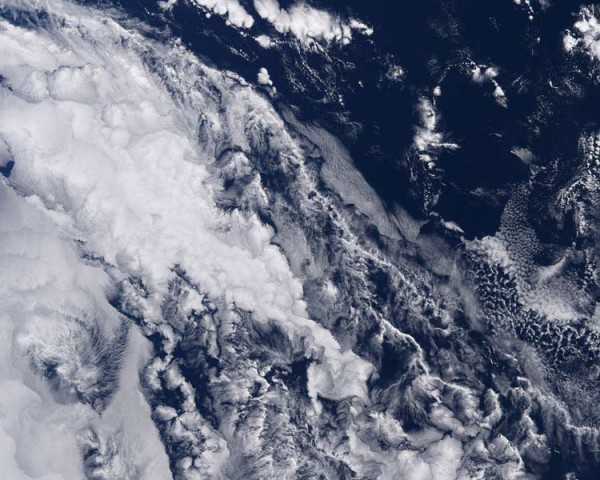Month: January 2014
Two recent articles in the New York Times suggest not just how far we are from where we should be on the environmental front, but how much we are backsliding.
In one, entitled “Industry Awakens to Threat of Climate Change,” details of how US multinational corporations like Coca-Cola and Nike are feeling the impact because of global shortages in, respectively, water and cotton. The article mentions a report that is currently being drafted, to be entitled Risky Business, which will discuss the financial risks associated with climate change (a sort of update of the Stern Review). According to the article, many business leaders are coming round to the necessity of imposing a carbon tax in order to mitigate emissions.
A few days before this article appeared, however, the Times ran a piece that detailed the European Union’s impending decision to back away from stringent climate controls. The article’s title explains the drift of the piece: “Europe, Facing Economic Pain, May Ease Climate Rules.” The shortsightedness is mind boggling, but illustrates the fundamental disconnect between the relatively brief temporality of the electoral cycle and the longer term vision necessary to address the climate crisis.
This temporal disconnect is one of the key problems which threatens global civilization.
 My friends at the Superstorm Research Lab have just released an amazing white paper on the impact of Hurricane Sandy. Titled A Tale of Two Sandys, the report focuses on the uneven impact of the storm on NYC.
My friends at the Superstorm Research Lab have just released an amazing white paper on the impact of Hurricane Sandy. Titled A Tale of Two Sandys, the report focuses on the uneven impact of the storm on NYC.
In the words of the report,
On one hand, the crisis was seen as an extreme weather event that created physical and economic damage, and temporarily moved New York City away from its status quo. On the other hand, Hurricane Sandy exacerbated crises which existed before the storm, including poverty, lack of affordable housing, precarious or low employment, and unequal access to resources generally. A Tale of Two Sandys describes these two understandings of disaster and discuss their implications for response, recovery, and justice in New York City.
The paper, along with many of the other resources gathered on the SRL site, is must reading. The SRL project is an incredible example of militant collaborative research.
 A new report out in Nature reveals that the Earth is far more sensitive to greenhouse gases than scientists previously thought. The situation we find ourselves in, it turns out, is even more grave than we thought.
A new report out in Nature reveals that the Earth is far more sensitive to greenhouse gases than scientists previously thought. The situation we find ourselves in, it turns out, is even more grave than we thought.
The report suggests that “because some climate models don’t accurately represent the formation of low-altitude clouds, Earth is likely to warm at the high end of the range estimated by 3 decades of research as carbon dioxide levels grow.”
Put in lay terms, what this means is that most of the estimates for global warming that have circulated in recent years have been far too conservative. The environmental crisis we face is actually far worse than we have been imagining, it turns out.
The scientific picture on climate change only gets more terrifying as the science gets more accurate.
 This new year brings a date that’s worth remembering: the 20th anniversary of the Zapatista Uprising. This struggle to resist NAFTA (the North American Free Trade Agreement) and neo-liberalism helped to catalyze the global justice movement that went on to challenge the WTO process in Seattle in 1999. The lineage of this movement was evident in Occupy Wall Street, and in the many popular uprisings of the last year.
This new year brings a date that’s worth remembering: the 20th anniversary of the Zapatista Uprising. This struggle to resist NAFTA (the North American Free Trade Agreement) and neo-liberalism helped to catalyze the global justice movement that went on to challenge the WTO process in Seattle in 1999. The lineage of this movement was evident in Occupy Wall Street, and in the many popular uprisings of the last year.
It’s worth remembering on this twentieth anniversary of the EZLN that the Zapatista struggle was a key expression of Global South environmentalism. As Anne Petermann reminds us in this post published on the eve of the 20th anniversary, the uprising was sparked by a struggle to preserve the Lacandon rainforest from exploitation by multinational companies. The post includes a link to a film that documents the EZLN’s struggle against illegal logging oil drilling, and hydro-electic dams in the Lacandon.
The Zapatistas are still struggling to preserve the jungles in which they live from greedy developers. Their battle reflects resource wars unfolding with greater severity around the world today.
[youtube=http://www.youtube.com/watch?v=vw8T7wMPW5M#t=89]